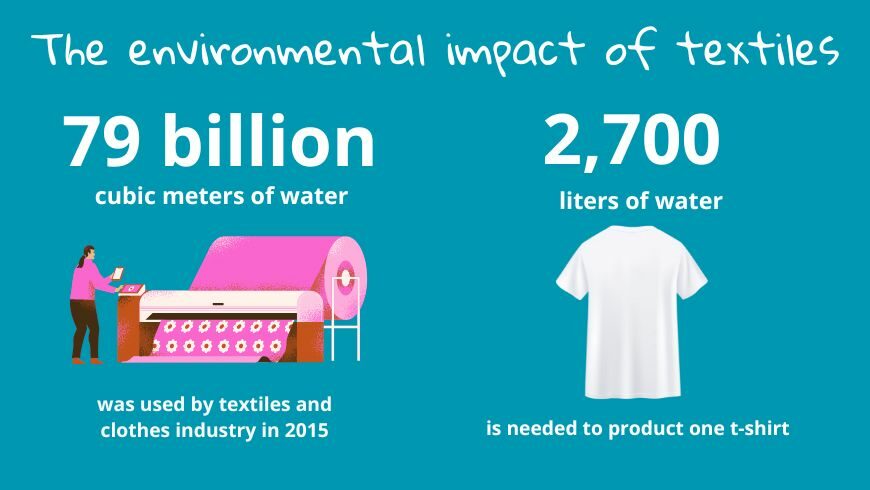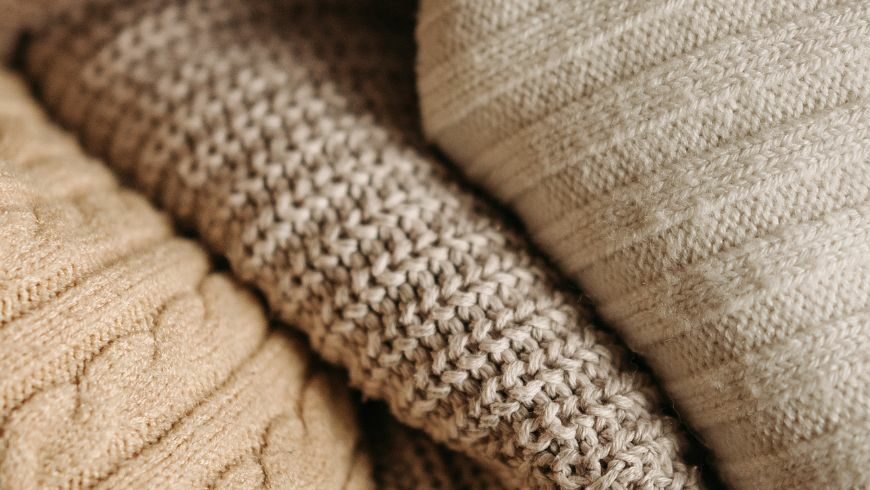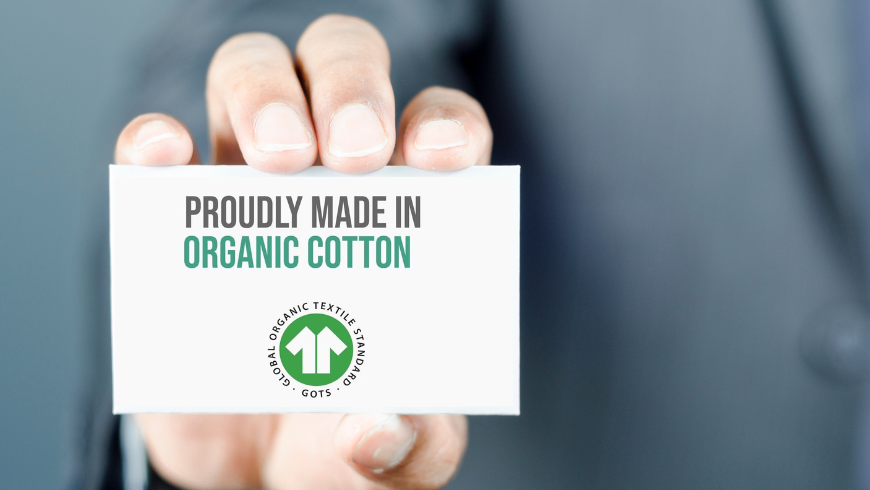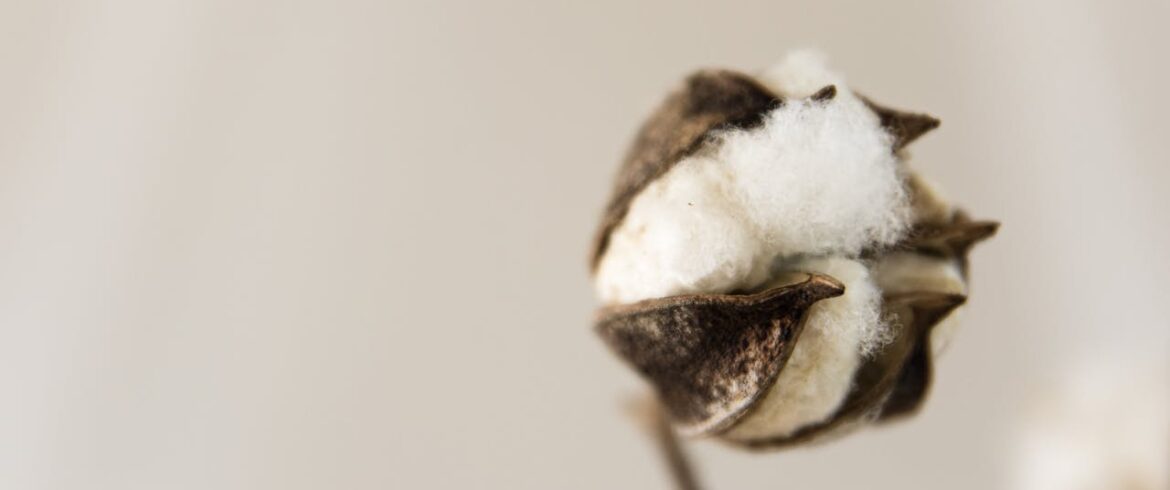The clothes on your back could be the best way to help the environment. Learn why choosing organic textiles is important in saving the planet
Many people prioritize comfort and design when selecting textiles like bathrobes and bedding. However, we often overlook another critical factor — our choices significantly impact the environment. Understanding the differences between conventional and organic textiles can help us make more sustainable decisions. In this article, we’ll explore how organic materials, such as cotton, offer a more eco-friendly option, using the organic cotton bathrobe as a key example.
The Environmental Cost of Conventional Textiles

Conventional textile production is resource-intensive and often environmentally harmful. For example, cotton, one of the most widely used materials, involves high levels of pesticide use, water consumption, and chemical treatments. Producing a single cotton t-shirt uses up to 2,700 liters of water, and the harmful chemicals used in growing non-organic cotton can damage local ecosystems and biodiversity.
Pesticides and synthetic fertilizers are common in conventional cotton farming, leading to soil degradation and water pollution. The manufacturing process often involves toxic dyes and treatments that further contribute to environmental pollution. The result is an industry with a substantial carbon footprint that affects the environment and the health of communities living near cotton farms.
The Advantages of Organic Textiles

On the other hand, organic textiles are produced with far less impact on the planet. Organic cotton, in particular, is grown without synthetic pesticides or fertilizers, reducing the strain on ecosystems and promoting healthier soil. Organic farming practices use natural methods to maintain soil fertility, leading to improved biodiversity and reduced pollution.
Organic cotton also requires significantly less water than conventional cotton. This is because organic farming relies on rain-fed water rather than large-scale irrigation, making it more sustainable in the long run. Additionally, organic cotton is processed without harmful chemicals, meaning fewer toxins are released into waterways, resulting in cleaner water supplies.
One great example of a sustainable textile choice is the organic bathrobe from Organic Favorite. This bathrobe is made entirely from organic cotton, highlighting the benefits of choosing eco-friendly products for everyday use. Because it’s crafted from organic cotton, the production process involves fewer chemicals and less water, reducing the environmental harm compared to conventional cotton robes.
Moreover, the organic bathrobe is a long-lasting, high-quality product, which means you won’t have to replace it as frequently. This durability reduces waste and your wardrobe’s overall environmental footprint. By choosing organic, you’re treating yourself to a luxurious, comfortable bathrobe and contributing to a more sustainable textile industry.
The Broader Impact of Your Textile Choices
Choosing organic textiles extends beyond just reducing chemical usage and conserving water. It also supports ethical farming practices, as many organic farms adhere to fair labor standards. Workers on organic farms have less exposure to harmful chemicals, ensuring healthier working conditions and better quality of life for farming communities.
When you opt for organic products, you vote with your wallet for an industry that values sustainability, human health, and ethical production. Organic textiles also often use more sustainable packaging and shipping methods, reducing their environmental impact.
How To Make Eco-Friendly Choices

So, how can you incorporate more organic textiles into your life? Start by looking for certification labels such as GOTS (Global Organic Textile Standard) or OEKO-TEX, which guarantee that the fabric is made from organic materials and processed environmentally. These certifications ensure that strict standards are followed throughout the production process.
Next, prioritize purchasing high-quality, durable products that will last longer. While organic textiles may cost slightly more upfront, their longevity means you’ll replace them less often, leading to long-term savings and reduced waste.
Choose the Eco-Friendly Life

The textiles we use every day have far-reaching implications for the planet, from water consumption to the health of ecosystems and farming communities. Opting for organic materials like cotton is a simple yet impactful way to reduce environmental harm and promote more sustainable practices. Beyond the numbers, these choices support ethical farming methods, protect natural resources, and foster a healthier balance between production and the environment. By prioritizing organic textiles in everyday items, we take a meaningful step toward a future where comfort and sustainability coexist.




